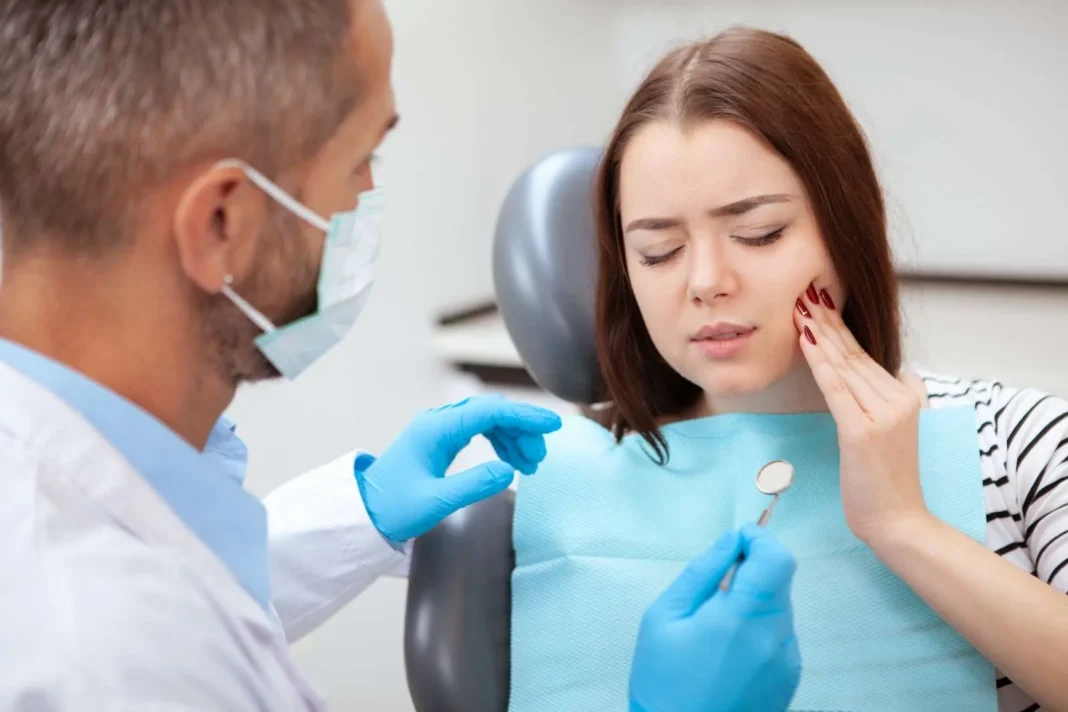This blog post highlights the importance of prompt action in dental emergencies, such as sudden pain from biting or persistent toothaches. It emphasizes the need for immediate dental attention to safeguard your health and peace of mind.
Understanding Dental Emergencies
Dental emergencies come in various forms, each requiring specific attention. A severe toothache can be a sign of underlying issues like decay or infection. Identifying this early can prevent further damage. Broken or chipped teeth often result from accidents or biting hard objects. Acting swiftly can save the tooth and prevent infection. Lost fillings or crowns are another common issue, exposing the tooth to potential harm. Quick action can protect against further decay or structural damage.
Why Immediate Care Matters
Procrastination can be costly when it comes to dental health. Delaying treatment can turn a small issue into a major problem. An untreated toothache, for instance, can lead to more serious conditions like abscesses, which are both painful and dangerous. Complications from delayed care can extend beyond your mouth. Oral health is closely linked to overall health, with untreated infections potentially leading to systemic issues.
The impact of dental emergencies on quality of life is profound. Pain and discomfort can disrupt daily activities, affecting productivity and well-being. Quick attention minimizes this disruption, allowing you to get back to normal faster.
First Aid Tips for Common Dental Emergencies
Knowing what to do in the initial moments of a dental emergency can significantly impact the outcome. For a knocked-out tooth, gently rinse it with water and try to reinsert it into the socket, holding it in place until you reach a dentist. If that’s not possible, keep it moist by placing it in milk or a tooth-preservation solution.
For cracked or chipped teeth, rinse your mouth with warm water and apply a cold compress to reduce swelling. Swelling or abscesses may benefit temporarily from saltwater rinses until professional treatment can be sought.
How to Seek Immediate Dental Attention
Knowing where to turn in an emergency is vital. Start by contacting your regular dentist. They may have protocols for emergencies or recommend specialists, such as an emergency dentist like those in Colorado Springs. If your dentist is unavailable, seek out emergency dental services. Many clinics offer after-hours care specifically for urgent needs. When dental emergencies occur outside of regular hours, don’t panic. Hospitals and emergency rooms can provide temporary relief to tide you over until professional dental care is available.
Tips for Managing Dental Distress at Home
While professional care is crucial, there are ways to manage pain temporarily. Start by rinsing your mouth with warm water and gently flossing to remove any debris. Over-the-counter pain relievers can alleviate discomfort but avoid aspirin directly on gums as it can cause burns. In cases of swelling or trauma, cold compresses can help reduce inflammation and numb the area, providing temporary relief until you can see a dentist.
Preventive Measures to Avoid Dental Emergencies
Prevention is always better than cure. Regular dental check-ups can catch potential problems early, reducing the likelihood of emergencies. Good oral hygiene is your first line of defense. Brushing twice a day, flossing regularly, and using mouthwash can keep issues at bay. Also, be mindful of what you eat and drink. Hard foods and sugary beverages can weaken teeth, making them prone to emergencies. Adapting a mindful approach to your diet can preserve your dental health.
Conclusion
In dental emergencies, every second counts. Acting quickly not only saves your teeth but also protects your overall health. Remember, prompt attention can prevent minor issues from escalating into major problems. If you experience any form of dental distress, don’t hesitate to contact a dentist immediately.
